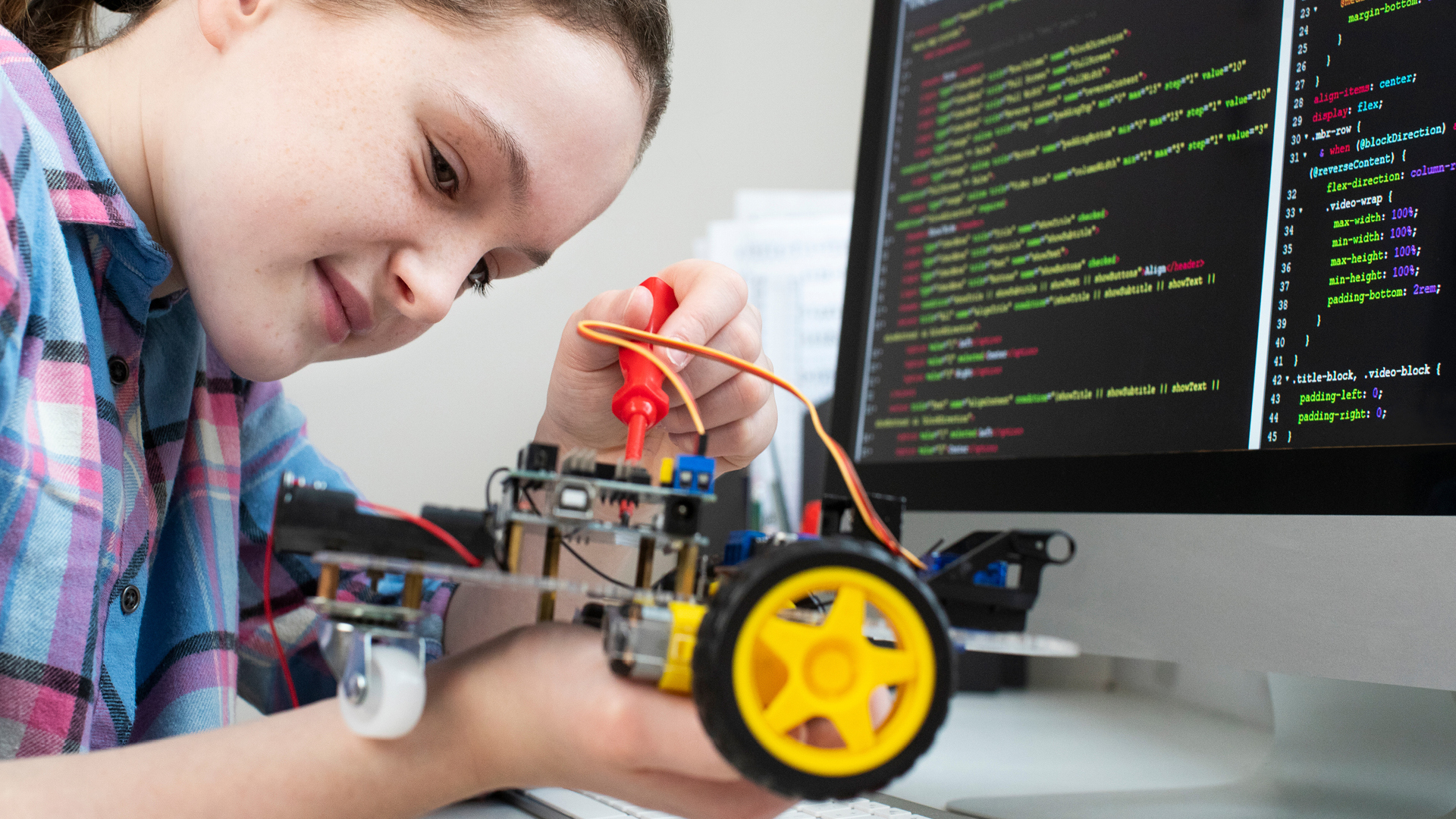National report card shows deeply concerning lack of STEM literacy Australia-wide
The Australian Curriculum Assessment and Reporting Authority (ACARA) National Assessment Program report reveals alarming results for science literacy.
The Australian Curriculum Assessment and Reporting Authority (ACARA) National Assessment Program report reveals alarming results for science literacy.
Only 57% of Year 6 students nationally attained the science proficiency standard in 2023. For Aboriginal and Torres Strait Islander Year 6 students, this dropped to one third. Only 54% of year 10 students attained the proficiency standard across the three states that reported scores (NSW, Victoria and WA).
The Australian Academy of Technological Sciences and Engineering (ATSE) calls on state and federal governments to collaborate to urgently address the lack of progress through a multi-pronged approach which lifts the status of science in the school curriculum, supports science, technology, engineering and mathematics (STEM) teachers and provides resources for hands-on STEM learning.
ATSE CEO Kylie Walker said with no change since 2018 and barely any movement in almost 20 years (54% of year 6 students hit the benchmark in 2006), the report shows a concerning lack of improvement over time.
“This report is seriously concerning, particularly at a time when we’re working to support Australia’s ambitions for clean power, advanced manufacturing and next-generation computing. State education departments can reverse this failure of attainment by meaningfully supporting time-poor teachers to deliver effective and engaging science and maths education across primary and secondary schools. Nationally, we also need to back and scale up proven, hands-on approaches to empowering students to enjoy and learn science and engineering.
“The report also showed that students who believe that science has a strong influence on society tended to have higher levels of science literacy. This kind of connection can be enhanced through story-telling and role-modelling, and can and should be leveraged to strengthen students’ interest in STEM careers.
“All Australian students need a strong, relevant and empowering science education so they can understand and make decisions in our increasingly complex world, make use of and develop new technologies, guard against misinformation and, one day, develop future generations of science-literate Australians.
“Lifting STEM participation should be inclusive of underrepresented people, including girls, Aboriginal and Torres Strait Islander students, and students with disabilities. Resources such as ATSE’s STELR program, which provides equipment, curriculum resources and teacher support, will be critical in enhancing students’ engagement, fulfilment, and ultimately attainment in STEM,” said Kylie Walker.
As ATSE recommended in its Our STEM Skilled Future Report, students and educators will also benefit from connection with STEM career opportunities. The report recommended that the Australian Government establishes a resource highlighting practical case studies and diverse role models.

Australia is faced with a national skills crisis.The Fellows at the Australian Academy of Technological Sciences and Engineering (ATSE) have identified five key areas that require immediate attention if we are to unlock the country’s technological potential.